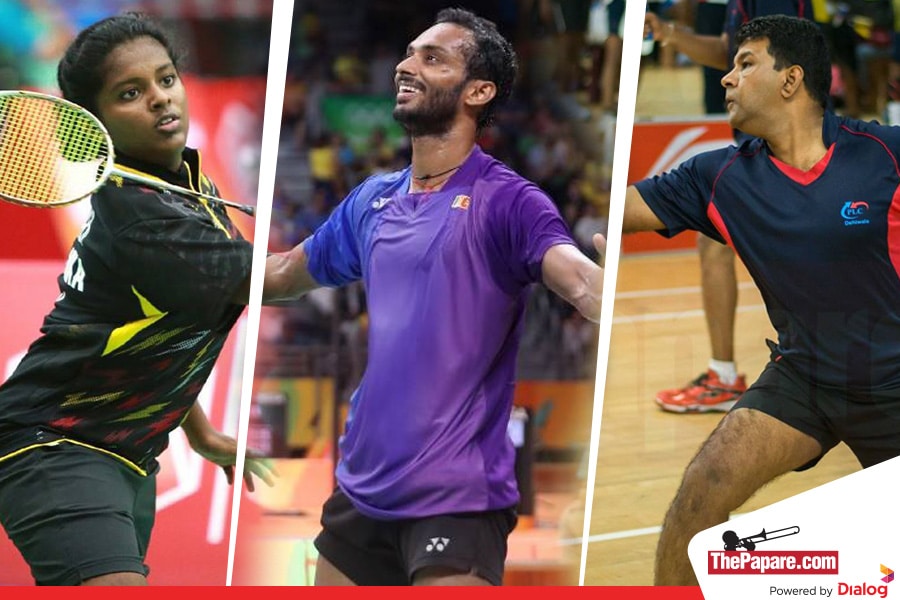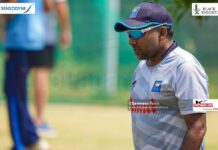Sri Lanka has had the privilege of inheriting many British sporting practices that came with the colonization during the late 19th century and the early 20th century.
We still applaud the effort given by the Brits who introduced sports including cricket, rugby and football to the country. Badminton however, was a late entrant to the country having been introduced in the year 1909.
In 1909, the planters of the British Plantation Community came together to form the first ever badminton club in Sri Lanka and marked a new milestone in the sporting chronicles of the country. The sport flourished within the hill-capital with the club carrying out annual tournaments.
However, the way forward for the sport in the country came in the year 1950 when the Badminton Association of Ceylon was formed and the first ever Senior National tournament took place with the inauguration of the national body.
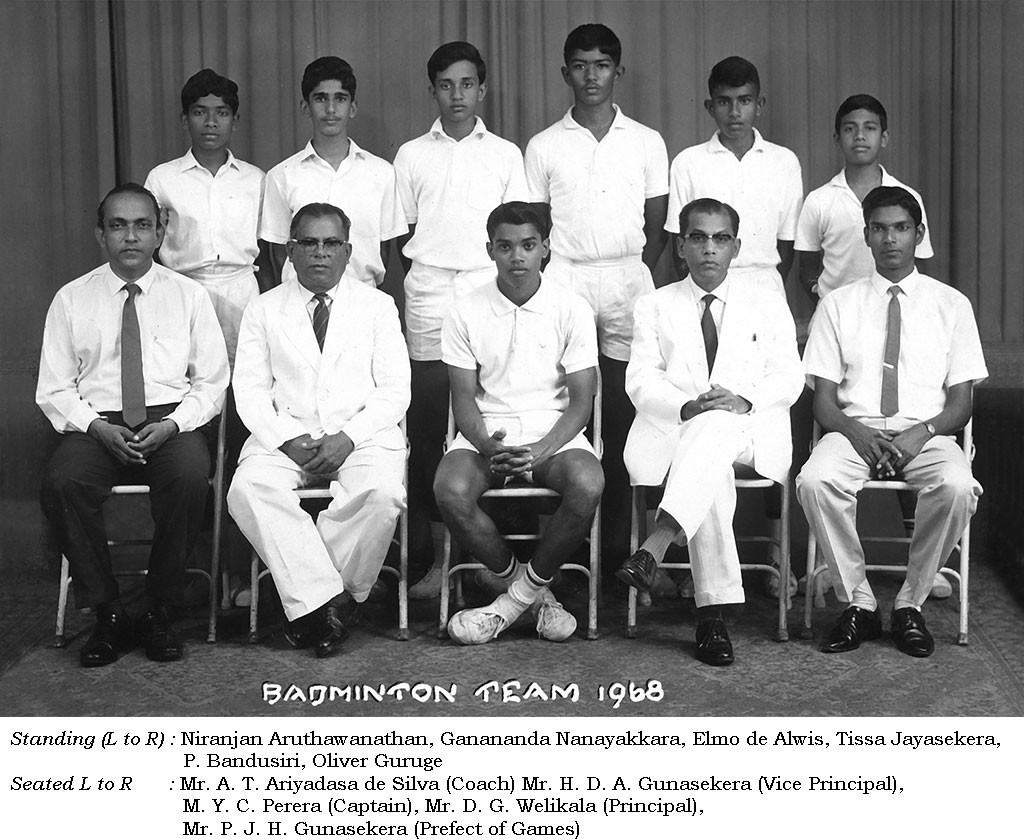
Regardless of the start given by the founding president Mr. N.M. De Silva, the success of the racket sport is credited to Ariyadasa Silva, who is considered the pioneer of Sri Lanka badminton. Hailing from the outskirts of Ambalangoda in the Southern Province, he was at the forefront of developing the sport in the early 1970’s and introduced the Sri Lanka Schools’ Badminton Association.
The move to form the schools’ association provided the opportunity for the junior players to come up the ranks in the sport and in 1971, the schools’ body came to the forefront to organize the Junior National Championship. For the first time in the country, the badminton courts saw a record number of participants from all around the country.
The 40 year period starting from the 1970’s to date saw the sport witness a steep climb in development where it spread around the country and saw the emergence of national prospects who went on to compete in the international stage.
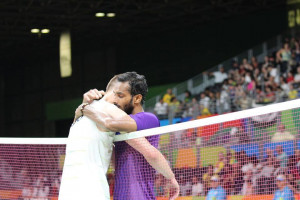
The emergence of the Karunaratne brothers brought in a new rhythm to the badminton arena with the eldest of the three, Niluka going on to compete at the international stage. He is the most accomplished player across all racket sports in the country having dominated the game for years. The 14-year reigning national champion was in seventh heaven at the 2012 London Olympics when he reached the pinnacle of his achievements so far by defeating the World #8 at that time, Kenichi Tago of Japan in his qualifier.
Making headlines internationally since his Olympic cameo, Niluka climbed to a record high Men’s Singles ranking of 32 in 2012. Continuing the success story, Niluka has been Sri Lanka’s only competitive ranking player under the Badminton World Federation claiming ownership to 83rd spot in the world ranking table. The recently concluded Rio Olympics saw Niluka going down to the Olympic medallist Chen Long in the group stage but showcasing his class as he bowed out of the Olympics defeating 58th seed Adrian Dziółko. His younger siblings Dinuka and Chamika are also active contributors to the sport and are among the top five national seeded players in the country.
Rifts in administration last year resulted in the Badminton Federation being banned by the international body for a period of six months but with the new administration opting to rejuvenate the progress of the sport, the future of the sport looks quite promising.
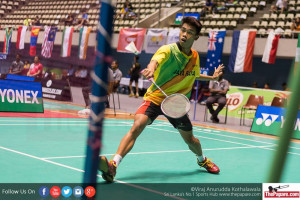
Speaking to ThePapare, General Secretary of the Sri Lanka Badminton Federation, Wing Commander Amal Dias predicts a good looking future for the country.
“Currently, we have over 6500 badminton players around the country who participate in the tournaments and we are looking to expand the sport to the East and the North”
The Sri Lanka Badminton Federation organizes a total of over 20 tournaments over the year which includes ranking tournaments that are graded according to priority. The Federation is in the process of taking the sport forward to the Northern and Eastern provinces with their ‘Shuttle Time’ initiative.
“The Shuttle Time initiative is for the schools in the North and East where we (the federation) went over to these areas to train teachers and educate them about the sport so that they can train the students”
Such initiatives will be a boomer for the sport but ample development needs to come in the sport if Sri Lanka intends to come up in the rankings and be amongst the best in Asia.


